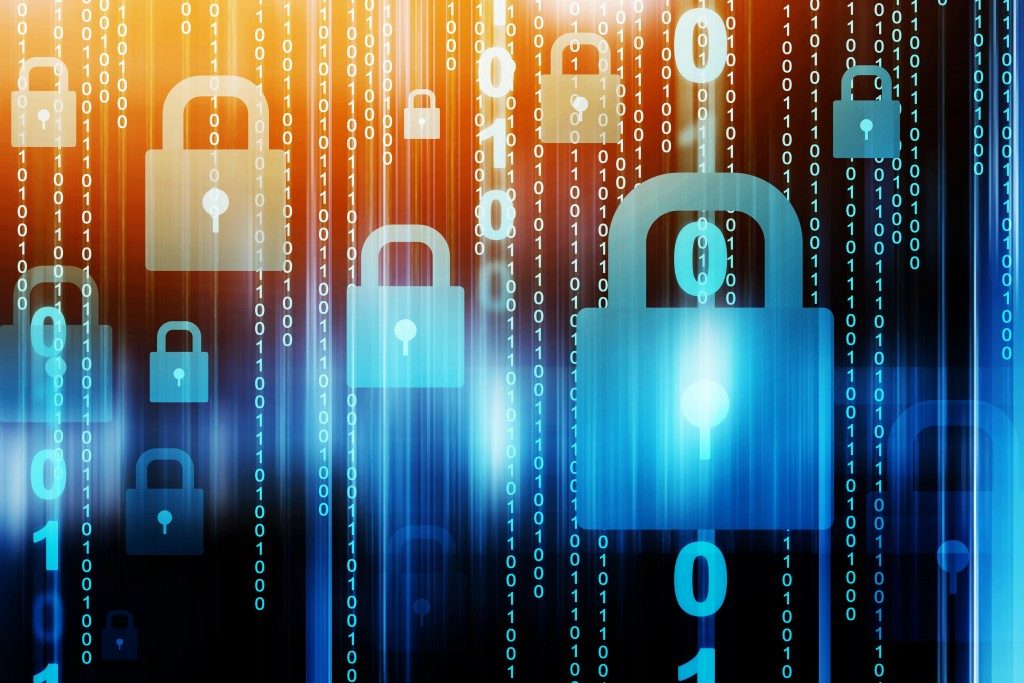As a professional, you rely on your computer to accomplish much of your work. Your data is vital to your operations, and you must do all you can to safeguard its privacy and integrity, if you are to ensure smooth, seamless business processes. The best way to protect your workflow, as well as prevent the loss of the company’s massive amounts of data and client information, is to enlist the consulting services of a business continuity management provider.
But there are also some simple ways that can help you prevent potential data loss. Check out these tips to protect what is among your company’s most valuable assets—its data.
The Cloud
Cloud computing is big these days. One of its pillars is cloud-based software. Also known as software as a service or SaaS, this is basically a program that is run on remote hardware. What you are accessing on your computer would just be its front end or interface. This is one of the things that make it great. You don’t have to install anything in your own computer, which saves you from using up your system’s storage space. You also just need hardware that is decent enough to run modern browsers. But as far as work continuity goes, SaaS has you covered. Many productivity programs on the cloud feature instant saving. This means that it constantly saves whenever you make changes to your file.
Some SaaS tools still work like traditional programs, meaning that you still need to click on the save button from time to time. You might think there is no practical advantage here when it comes to protecting you from data loss brought on by, say, power interruptions—and you’d be right to say that. But hardware failure can also stop you in your tracks; fortunately, this is where the SaaS technology can save you. Since all your work is done remotely, if your computer breaks down, you can just get a replacement and log back online to continue where you left off.
Uninterruptible Power Supply

The name says it all. The uninterruptible power supply or UPS is a device into which you can plug your electronics. It features an internal battery that will be your power source should the main power go down. The battery should be big enough to last several minutes to over an hour. It’s best that you plug in any devices that feature internal storage like computers, laptops, and some consoles here. This should at least give you the time to make a proper shutdown. But if you do need to proceed with your work, make sure you are aware of how much time you have before the battery goes off. Getting a UPS is your best bet for continuity purposes unless you are willing to replace all your desktop systems with laptops.
Time is wealth, and you would not want to waste it. Having your work interrupted at inopportune times can be very frustrating, as you can potentially repeat much of the work that you have done. Good thing that you have technology that help you pick up where you left off. This is truly a godsend for professionals and productive folks.

